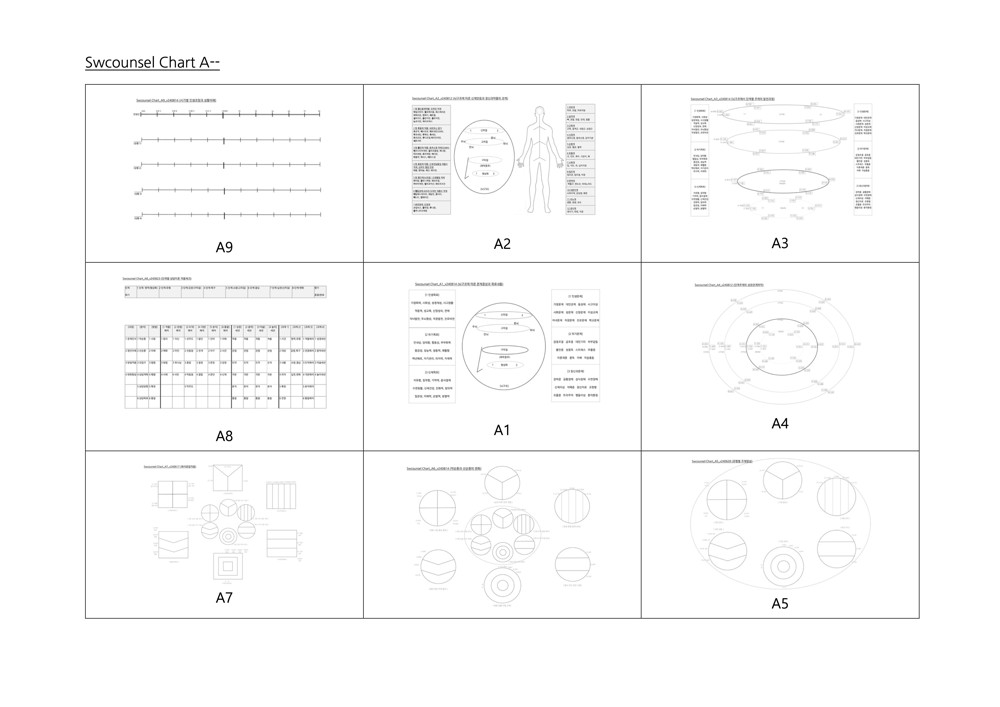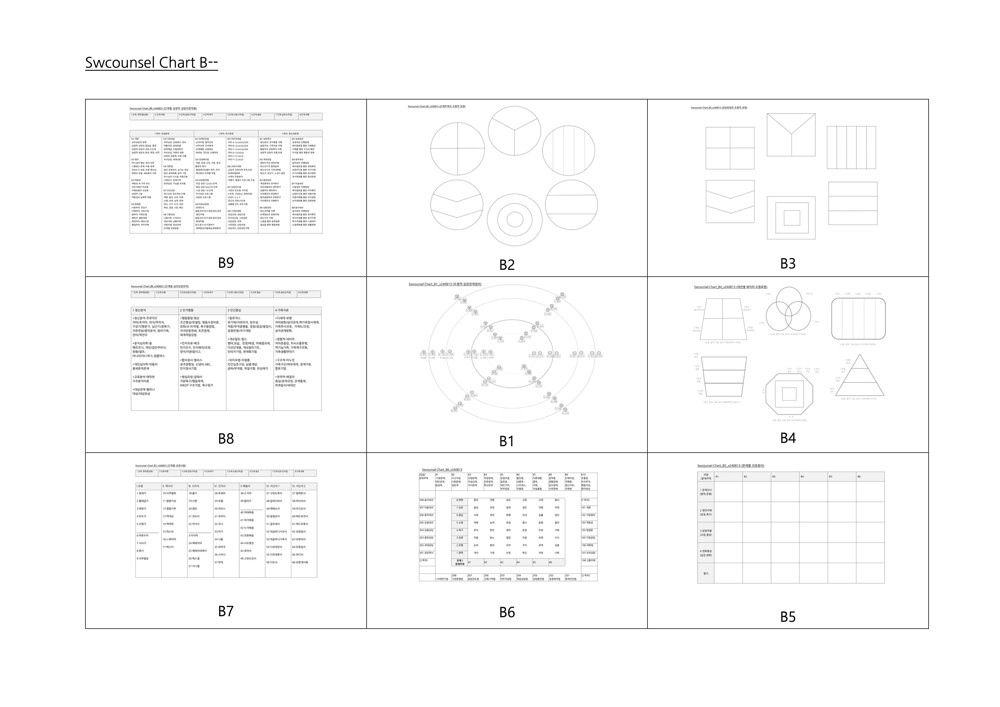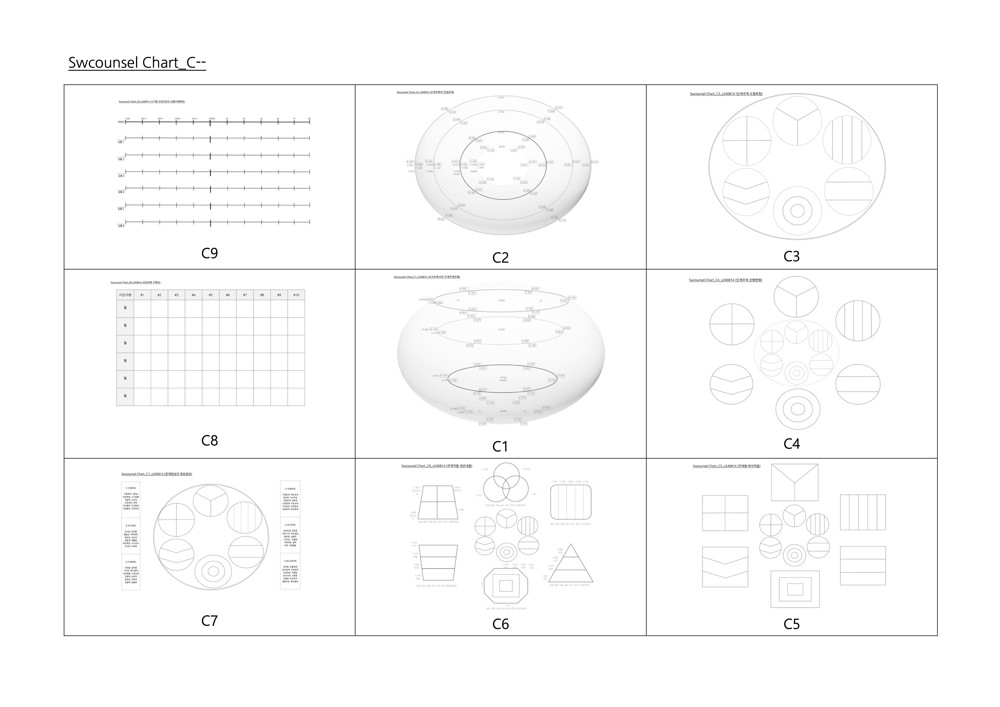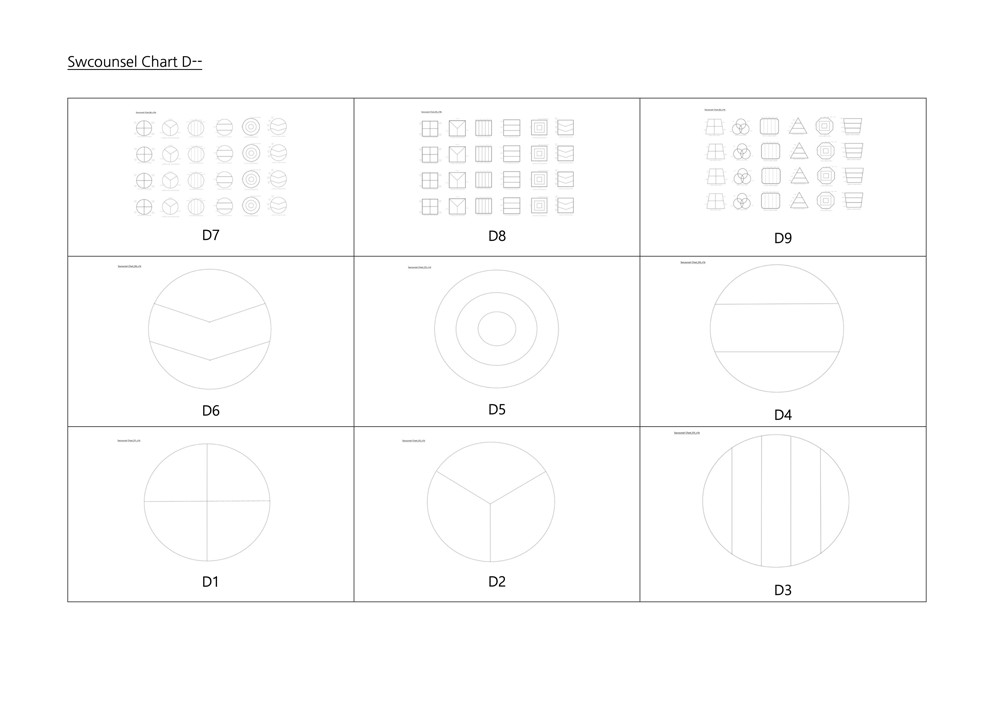This study starts with the important question of whether the various theories and methods used in the counseling field are all genuinely beneficial to the counselees. All theories and methods that are freely applied in accordance with the counselor’s worldview presuppose a particular view of human beings. Even when approaching the same counseling issue, the goals, processes, and results of the counseling differ according to the counselor’s opinions regarding humans, and such differences directly impact on the counselee’s life. Because the counseling field has no absolute standards or models, counselors operate with significant autonomy; thus the counseling experience can vary greatly, depending on the counselor selected. Today, most counselors’ views are based on the humanist worldview, which absolutely values humans above human dignity. Secular Humanism, which is based on a complete lack of belief in God, has become a spirit of the times and is deeply embedded in our society. It influences Christian as well as general counseling and encroaches on counselors’ views of human beings. This study compares the biblical viewpoint of human beings, as represented through John Calvin, with the humanistic viewpoint, as represented through Carl Rogers, to recommend the former over the latter. The study points out the limitations of humanistic counseling from a biblical standpoint and discusses the uniqueness of biblical counseling based on the biblical view of human beings. The fundamental difference between biblical and humanistic viewpoints arises from the different ideas of whether humans are creatures created by God Himself in His own image or naturally occurring organisms as a product of evolution. The biblical viewpoint looks at human beings from a historical perspective based on creation, fall, and redemption, and is convinced that the image of God, which has been damaged by corruption, will be completely restored on the last day. On the other hand, the humanistic viewpoint trusts in the innate nature of the human organisms and argues that all humans are in the process of self-actualization-becoming a fully functioning person. However, it also states that no ultimate state of perfection exists. The biblical and humanistic viewpoints of human beings are opposites from beginning to end. The former results in love for one’s neighbors on the premise of love for God, and the latter results in self-love. For Rogers, human change meant a process of transformation into a constructive personality, but Calvin pursued “being born again” of human nature and existence. This study opposes the use of Rogers’ humanistic techniques in biblical counseling because it is not simply a matter of techniques, but rather of the different worldviews, which causes conflict in the basis of every theory and method. Therefore, this study recognizes that the counselors can have different viewpoints depending on whether they have a God-centered or human-centered worldview and emphasizes the importance of the Bible and theology in counseling. In fact, it is the Bible and theology that describe the human soul in the deepest, most accurate way. The study highlights the uniqueness of biblical counseling in fostering a counseling approach that considers the human soul and suggests that biblical counseling must establish its own inspirational domain based on the Bible’s unique standpoint toward human beings, in opposition to the humanist worldview, which distorts the human identity. Also, counselors dealing with problems of the human soul must establish the biblical view of human beings. Only the biblical viewpoint shows the roots of all problems and paves the way to ultimate change in human nature.
 이명선
이명선















